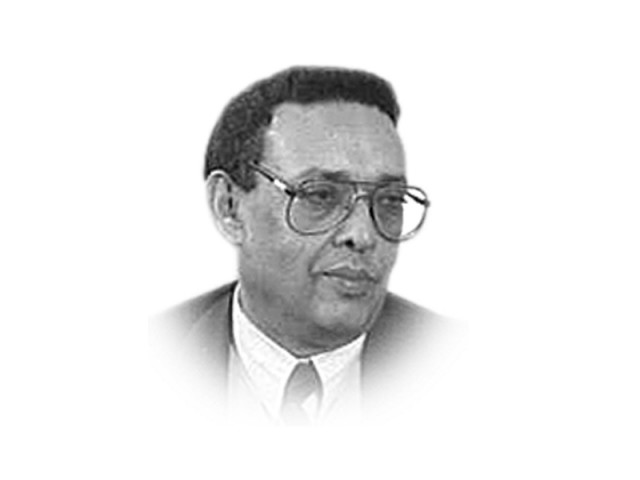Some thoughts on learning
A good education, especially at primary & secondary levels, must also pay attention to character building of students.

The writer is a former ambassador of Pakistan to Senegal, Greece and Yemen
The real strength of the West lies in these educational institutions. Their standing and achievements are in stark contrast to those in the less-developed countries, and especially those in Pakistan.
As a young BSc (Econ) undergraduate at the London School of Economics & Political Science from 1958 to 1961, I was fortunate to be exposed to subjects like the History of Political Thought, Logic & Scientific Method, Economic theory, Finite Mathematics, Political History, Statistical Theory & Method and International Economics. These subjects helped in shaping my intellect, understanding and worldview.
Our compatriots who emerge from leading academic centres in the developed world are in a position to bring to bear the knowledge and expertise they acquire for the benefit of the nation. Though relatively few in number, they can play a crucial role in national advancement. Such educated people are the real elite in the proper sense of the term. The term ‘elite’ should not be equated with the rich alone, as was done by some critics of my article “In support of our elite”, published in this newspaper on December 30, 2013. A student from a very poor background who obtains a scholarship to Oxford University can rise to become a leading mathematician or physicist and thus, be a part of the true elite.
All this means that we must, as a nation, strive towards excellence. One implication of this is that we should benefit from attainments in all fields by the developed world and not try to reinvent the wheel.
Another implication is that we must aim at proper learning and not just the mere acquisition of degrees. That is why I am of the opinion that the PhD proliferation programme of the previous incumbents of the Higher Education Commission was misconceived. Obtaining a PhD on an obscure topic, often through plagiarism, does not make the holder of that degree a useful citizen of the country. At the London School of Economics, a professor with only a bachelor’s degree could supervise a PhD student after having established his own credentials.
A further important corollary is the need to encourage critical thinking in our schools and colleges, and not just mere rote memorisation from useless and mediocre textbooks.
The other major plank of a good education is the inculcation of ethics, truth and honesty. These values are a prerequisite for the healthy functioning and progress of society. If we look all around us, we will see that these values are found wanting in most walks of our national life. A good education, especially at the primary and secondary levels, must pay due attention to character building of students as well as their emotional well-being.
A less practical wish of mine, though not any the less important, is that more and more of our students study philosophy in our colleges and universities. The philosophy departments of our universities need to be strengthened.
Achieving these goals is not an easy task. But such an effort must remain at the forefront of our educational edifice. An enlightened and prosperous future depends considerably on how we embark upon this difficult path.
Published in The Express Tribune, February 18th, 2014.
Like Opinion & Editorial on Facebook, follow @ETOpEd on Twitter to receive all updates on all our daily pieces.













COMMENTS
Comments are moderated and generally will be posted if they are on-topic and not abusive.
For more information, please see our Comments FAQ